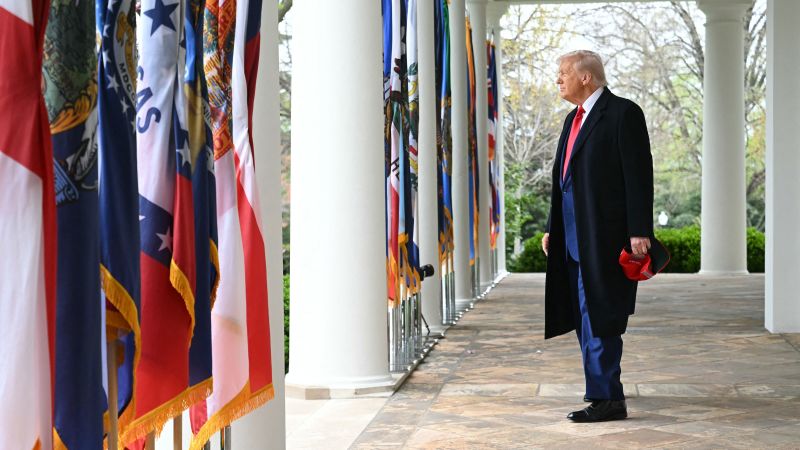Stock futures in the US surged early on Tuesday as investors reacted to the latest developments in the trade tensions between the US and China. Amid concerns about a potential escalation in the trade war, futures tied to the S&P 500, Nasdaq 100, and Dow Jones Industrial Average saw significant gains, signaling a positive start to the trading day.
China's firm stance to "fight to the end" in response to the US threat of additional tariffs has kept investors on edge. President Trump's ultimatum of imposing further tariffs on China if it did not revise its retaliatory measures has added to the uncertainty in the markets. The ongoing trade dispute has led to volatile sessions on Wall Street, with the Dow and S&P 500 experiencing significant losses recently.
The conflicting messages from US administration officials have added to the confusion. While Treasury Secretary Mnuchin highlighted progress in trade negotiations with Japan, White House trade adviser Peter Navarro emphasized that the tariffs were not up for negotiation. Trump's statement that he was not considering delaying the tariffs has further fueled market uncertainty.
Major figures in the financial industry, such as JPMorgan CEO Jamie Dimon and BlackRock CEO Larry Fink, have voiced concerns about the potential impact of the tariffs. Even Elon Musk, CEO of Tesla and a Trump adviser, has expressed reservations about the trade policies. The collective apprehension among these influential figures reflects the broader unease in the market.
Amid the market turmoil, Chinese stocks rebounded from a historic slump, aided by Beijing's efforts to stabilize the situation. The Hong Kong Hang Seng China Enterprises Index and the Hang Seng Index closed higher, while Shanghai's CSI 300 Index showed signs of recovery following a sharp decline the previous day. In contrast to China's proactive measures, the response from the US government has been less reassuring, with Trump downplaying the market turmoil.
The impact of the trade tensions has reverberated across global markets. US Treasurys witnessed a sharp decline as investors adjusted their expectations amid the market volatility. The Nikkei 225 index in Japan rebounded after significant losses, underlining the interconnectedness of international markets in response to the ongoing trade dispute.
Further contributing to the market uncertainty are recent developments related to specific companies. Medical provider Humana Inc., semiconductor developer Broadcom, and arcade company Dave & Busters saw fluctuations in their stock prices following various announcements and earnings reports. These individual company movements reflect the broader market sentiment and the influence of external factors on stock performance.
Looking ahead, the market's response to the evolving trade situation and economic data releases, such as the NFIB small business optimism index and earnings reports from companies like Cal-Maine Foods and Walgreen Boots Alliance, will continue to shape investor sentiment. The interconnected nature of global markets underscores the importance of monitoring geopolitical developments and corporate news for a comprehensive understanding of market dynamics.
In conclusion, the current market environment characterized by trade tensions, conflicting messages from policymakers, and individual company performances underscores the need for investors to stay informed and adaptive in response to rapidly changing conditions. As uncertainties persist, prudent risk management and a thorough assessment of market factors will be essential for navigating the volatile landscape.


